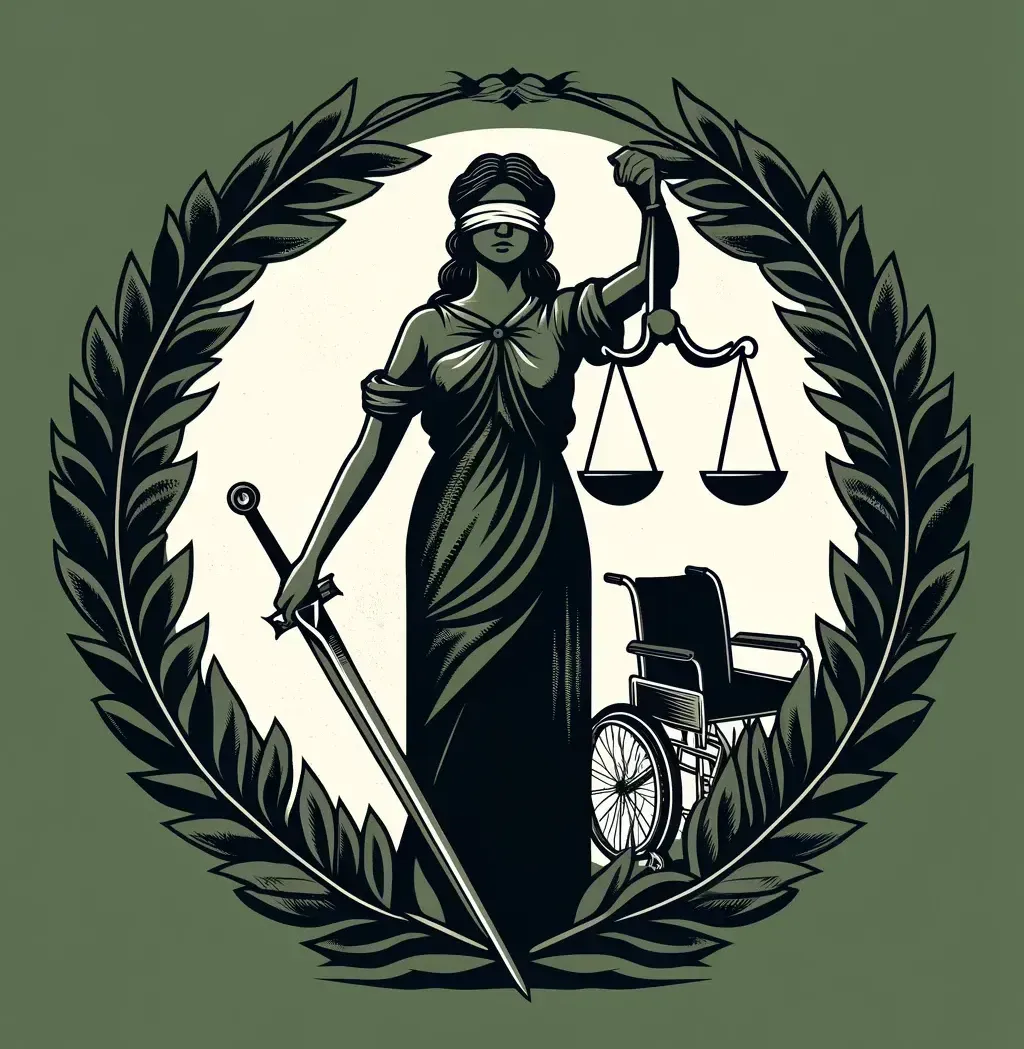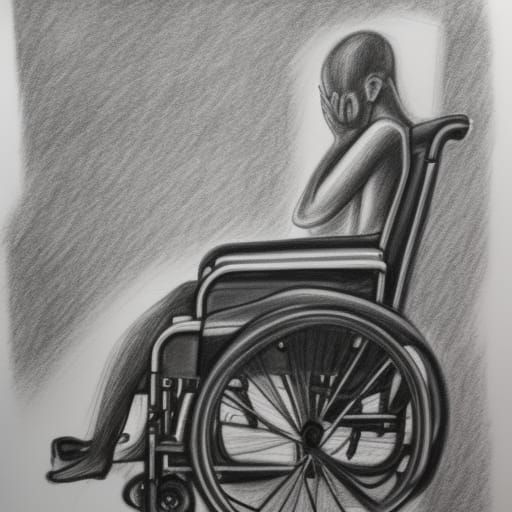A Social Security Disability Hearing: What to Expect and How to Prepare
The hearing is your chance to explain to an administrative law judge (ALJ) why you are unable to work due to your disability
Getting Ready for Your Social Security Disability Hearing
If you've been denied Social Security Disability benefits and have asked for a hearing, it's very important to be ready. The hearing is your chance to tell a judge why you can't work because of your disability and why you should get benefits. Here's what to expect and how to get ready.
How to Prepare for the Hearing
- Get Organized: Make sure Social Security has copies of all your medical records before the hearing.
- Review Your File: Ask for a copy of your Social Security disability file before the hearing. Check that all your treatment records are there. If something is missing, get it before the hearing.
- Understand Your Records: Review your medical records so you understand your diagnoses, treatments, and limitations.
- Be Honest: When you talk to the judge, don't exaggerate your conditions. The judge has read your medical file and knows what the doctors have said.
- Hire an Attorney: Think about getting a Social Security Disability attorney to help you. They can help you get ready and present your case well.
What Happens at the Hearing
The judge will ask you questions to understand your physical and mental limitations and how they affect your ability to work. Here are the main topics:
- General Information: The judge will ask for your name, address, Social Security number, and date of birth.
- Work History: The judge will ask about your work history for the last 15 years, including what jobs you did, the physical and mental demands of those jobs, and how long you worked at each job.
- Impairments: The judge will ask about your physical and mental impairments, how they limit your ability to work, your symptoms, medications, and any side effects.
- Daily Activities: The judge will ask about your daily activities to understand your functional limitations. This includes routine tasks like cooking, cleaning, and personal hygiene.
Vocational Testimony
During the hearing, a vocational expert might testify. The judge will ask this expert questions about what jobs might be available for someone with your limitations. This testimony is very important in deciding if you can do other types of work. Be ready for this part of the hearing, as it can affect whether you get benefits.
Conclusion
Getting ready for a Social Security Disability hearing takes time and effort, but it's worth it. Many initial claims are denied, but many are approved after an appeal and a hearing. In fact, in Georgia, about 53% of cases are approved at the hearing stage. By knowing what to expect and preparing well, you can increase your chances of getting benefits. If you are in Southeast Georgia, including Savannah, Brunswick, and St. Mary's, the di Lorenzo and Wilcox Law Firm can help with your claim. Contact them today for a free consultation.











